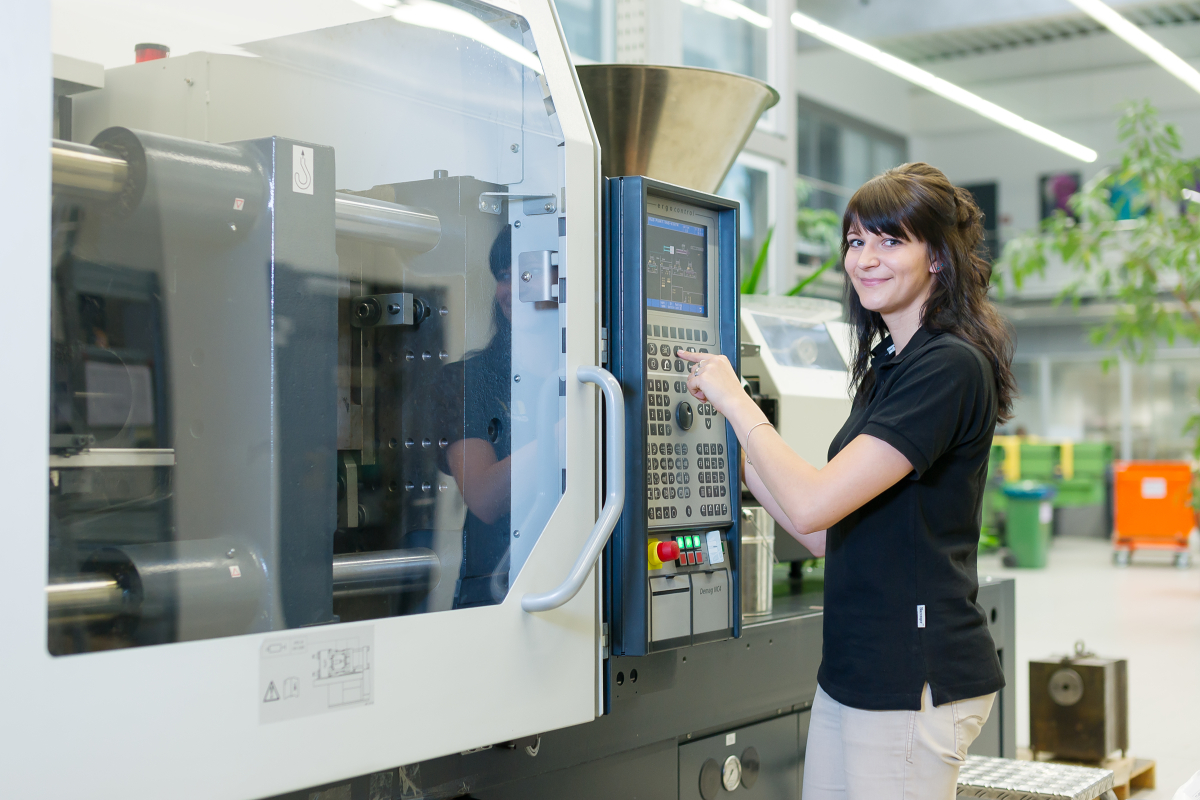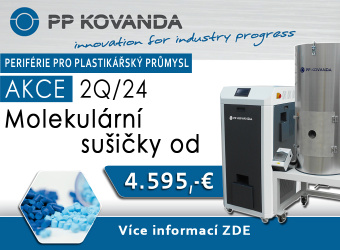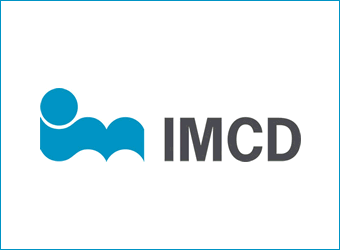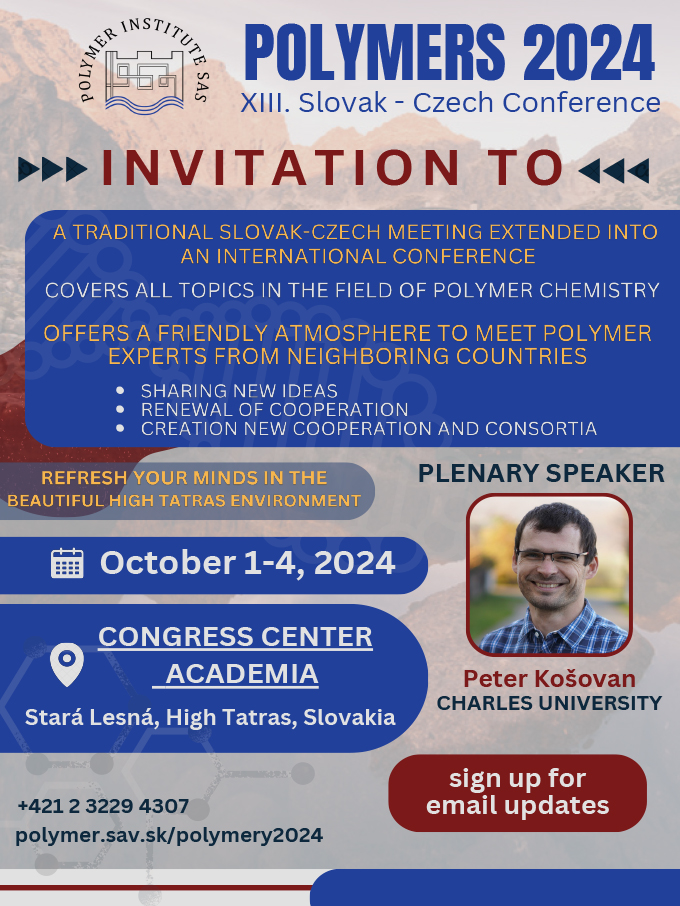New Additive from GRAFE Improves Polymer Melt
The plastics processing industry is about reducing cycle times and thus decreasing production costs and energy consumption, and therefore the injection molding machine or the periphery is mostly targeted. In this process, the polymer itself has potential, if it succeeds in optimizing the processing without negatively influencing the mechanical properties. The GRAFE-Group, Blankenhain carries an additive masterbatch for polyalkenes that meets these requirements.
The processing aid is used at a dose of two to four percent in the injection molding of polyalkenes. It improves the flowability of the polymer melt and also accelerates the crystallization of the polymer in the cooling process. The process temperature can thus be lowered and shorter cooling times are possible. The processer benefits from lower production costs and less energy consumption.
The additive batch can be used on all standard machines, and is also suitable for other processing methods such as extrusion and blow molding. In this process, a number of applications can be developed, for example in the packaging industry or in medical technology. The mechanical properties of the target polymer, however, remain largely intact. Users therefore do not have to suffer any losses in the purchased component’s strength, stiffness or impact strength.
A further development from GRAFE relates to an additive that improves the processing of polyamide as an engineering material in the injection molding of the melt flow. Moreover, with this tool the component surface is optimized to reduce cycle time and to positively influence the mechanical properties. The new formulation can be used for a variety of high temperature polymers, such as PA6, PA6.6, PPS, PPE, PSU and PEEK.
 |
Polyamide presents a real challenge to many processors and customers as an engineering material. In order to ensure the required mechanical properties of the final component, raw polymers are reinforced, for example with glass fibers. This may affect the melt flow, as under certain circumstances surfaces may result with impaired perceived quality. Developers and application engineers from the GRAFE company have, over the last year, been working on and testing an optimal formulation.
The new additive masterbatch, which is dosed at a level of three to four percent, optimizes the embedding of the fibers through optimal integration. In this way, the melt flow improves. As a result, improved flowability offers further advantages. The tool’s filling occurs faster or more easily, which in this way shortens the life cycles and in turn can decrease production costs.
In addition, the use of the additive can decrease the processing temperature, which also has a positive effect on cycle time and energy consumption. Moreover, because of the better embedded glass fibers and the lower burden on the polymer melt, the mechanical properties are maintained or even optimized. This is a result of the fact that the components are less stressed during processing.
- autor:
- GRAFE Advanced Polymers GmbH




















